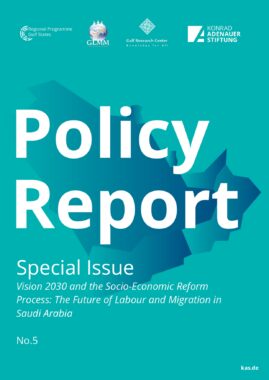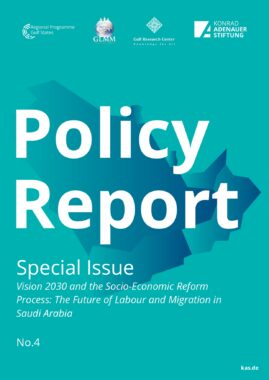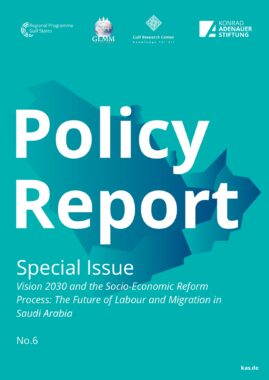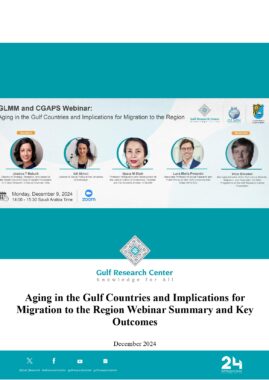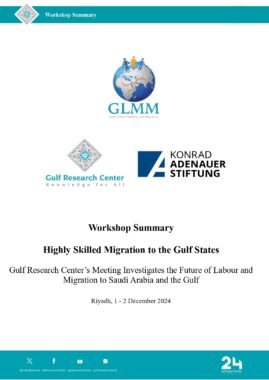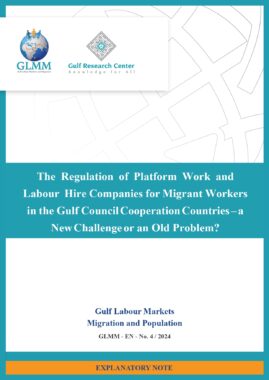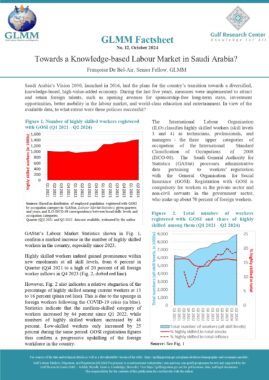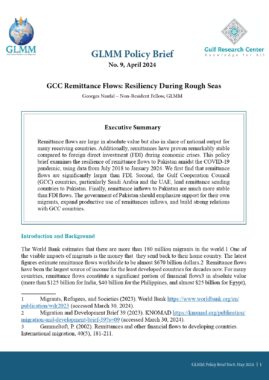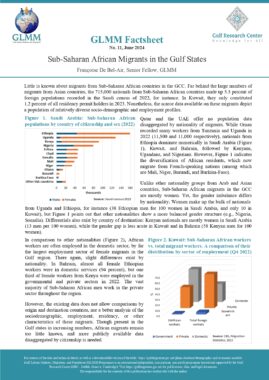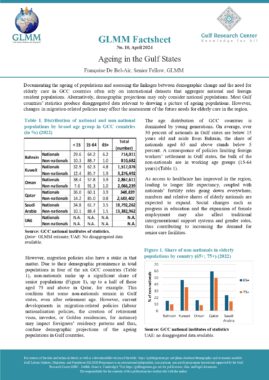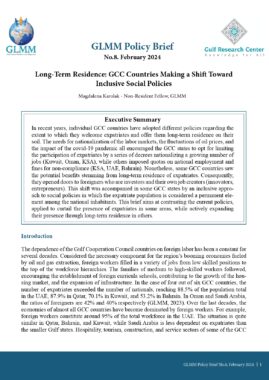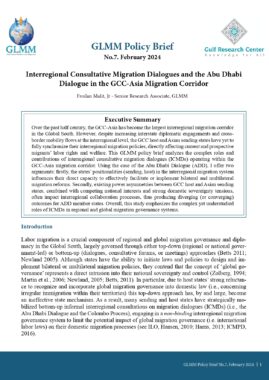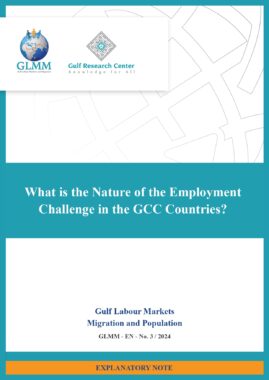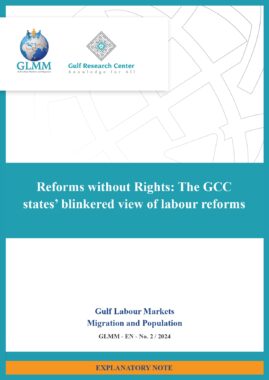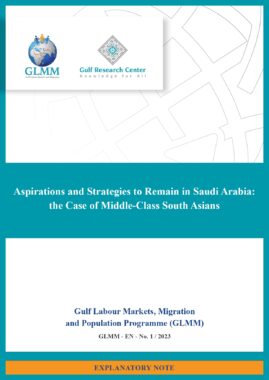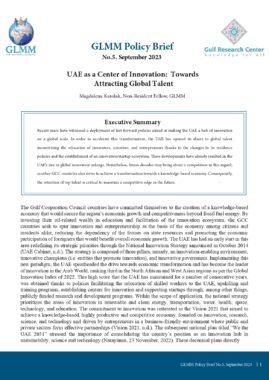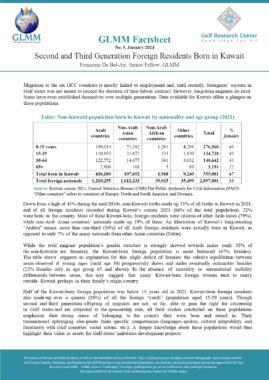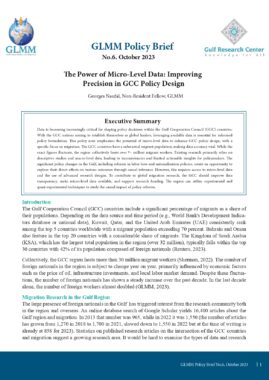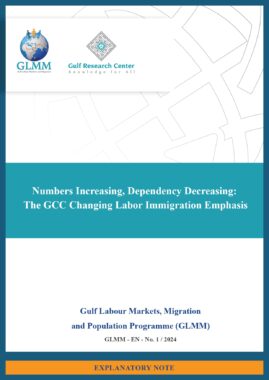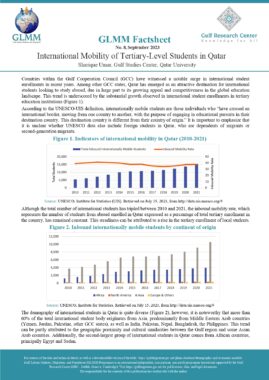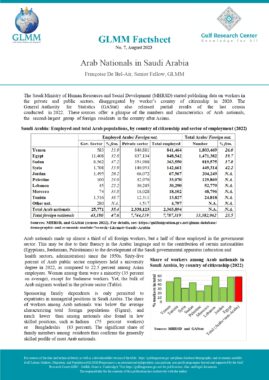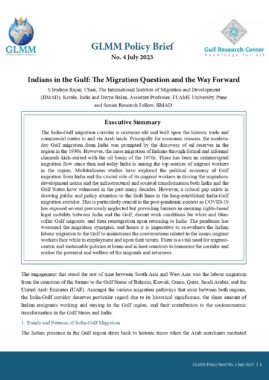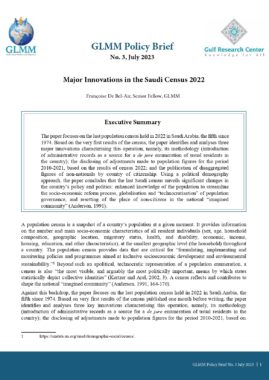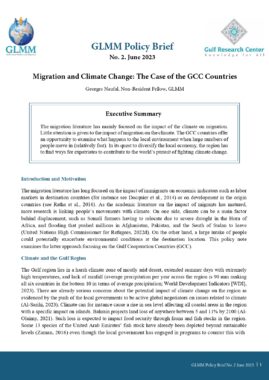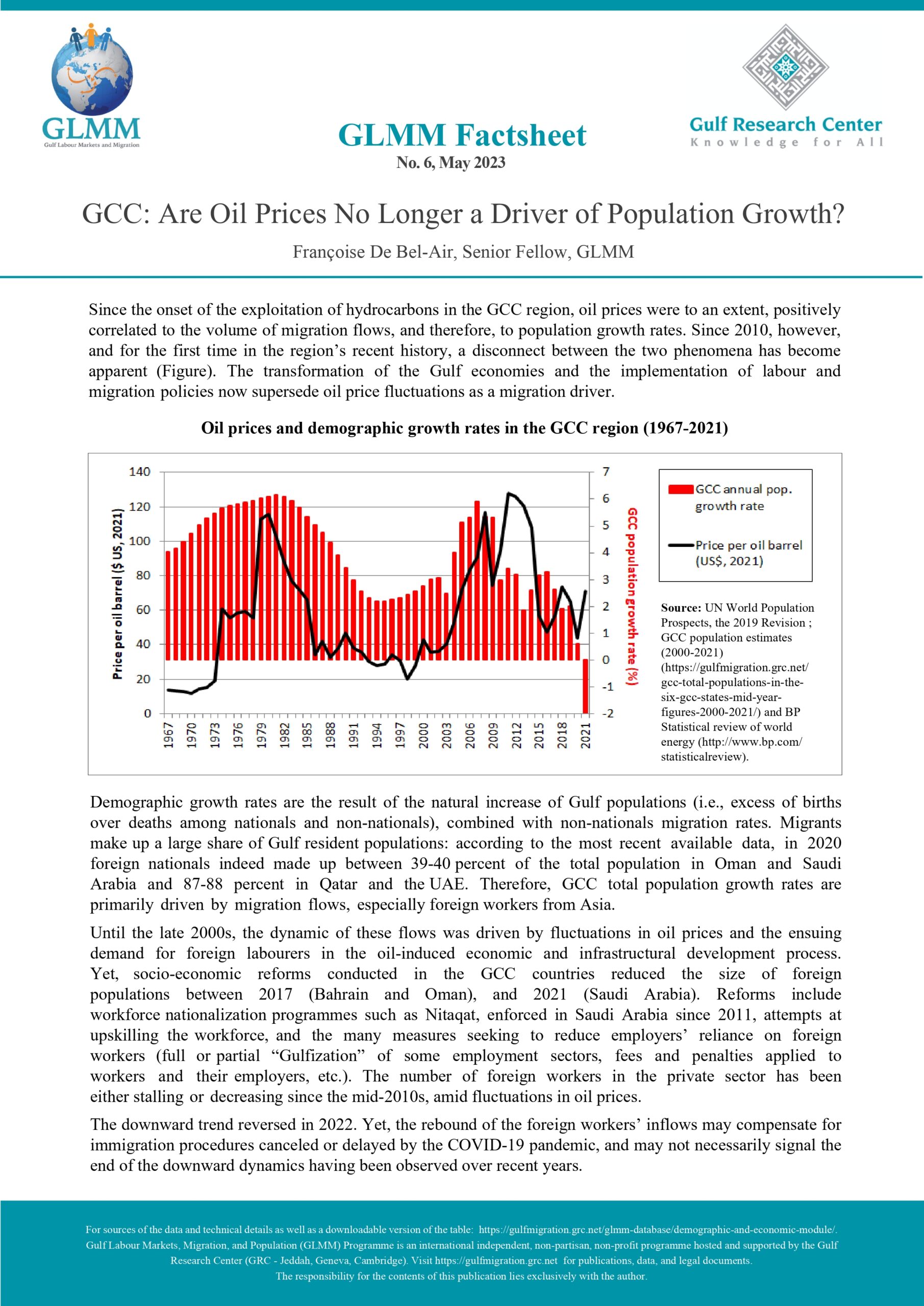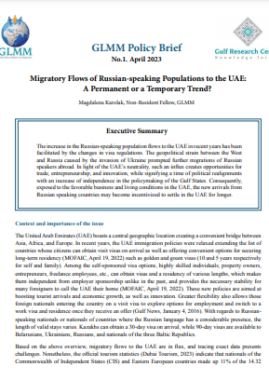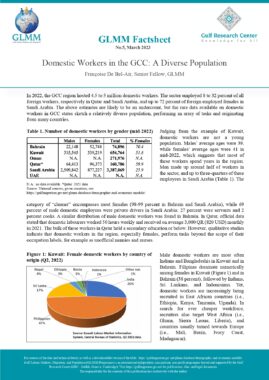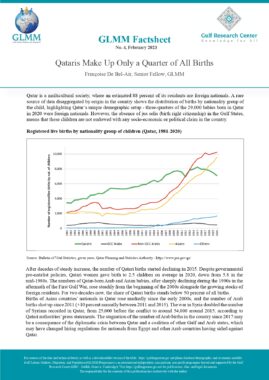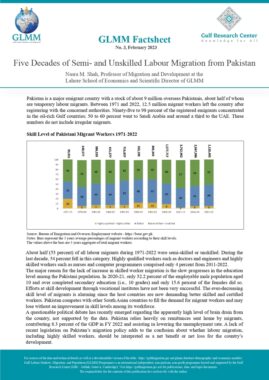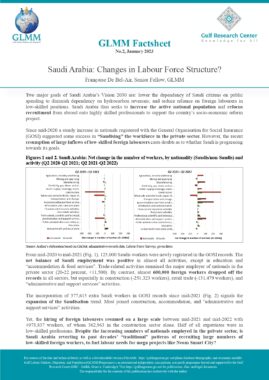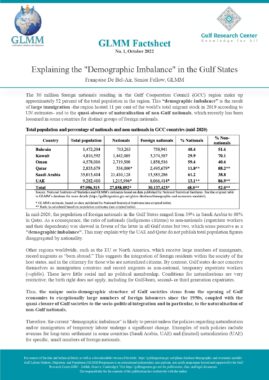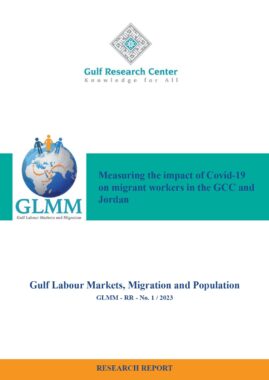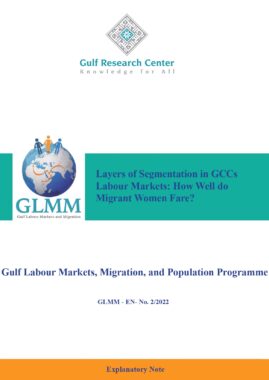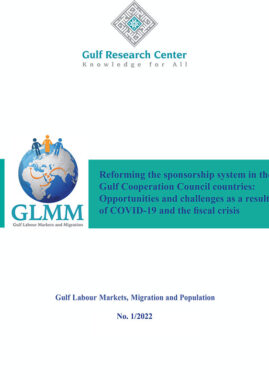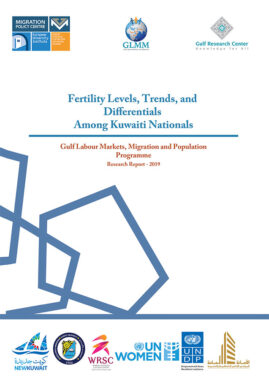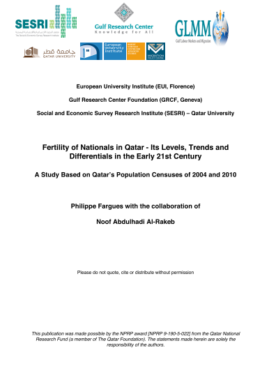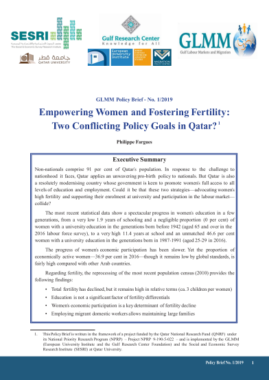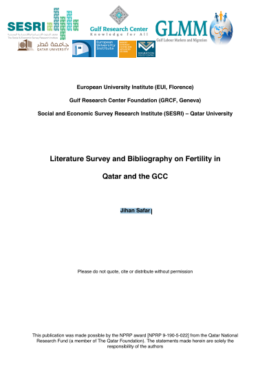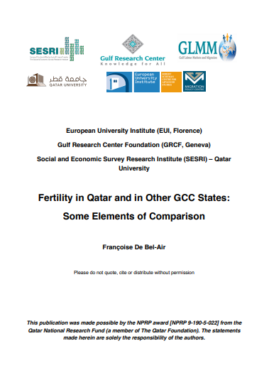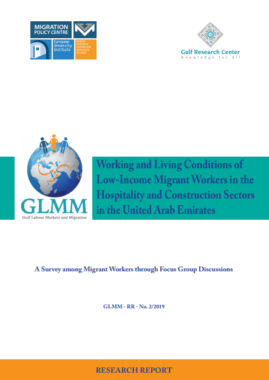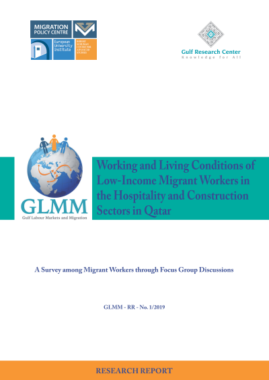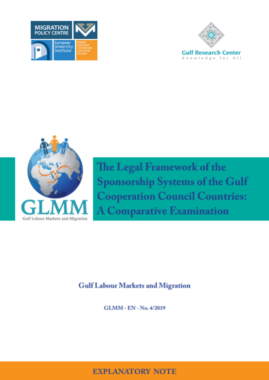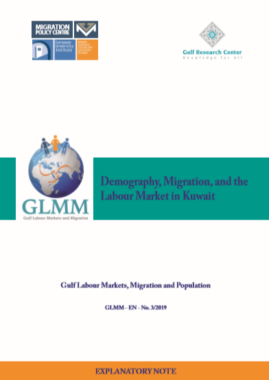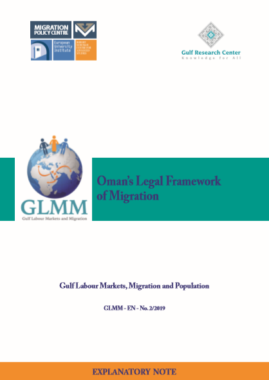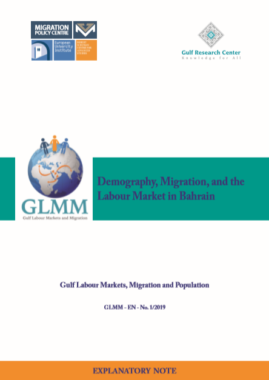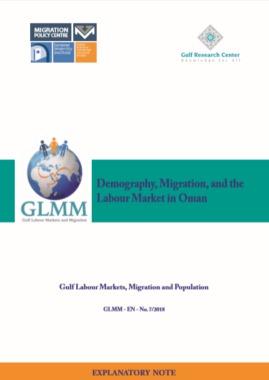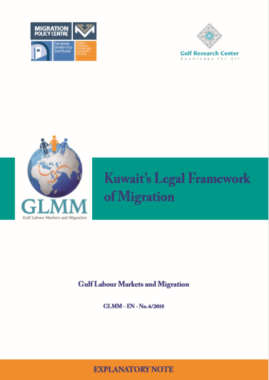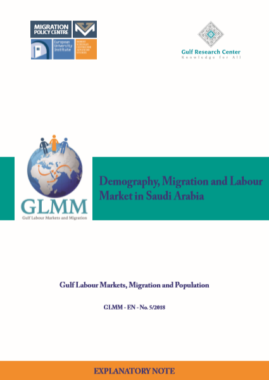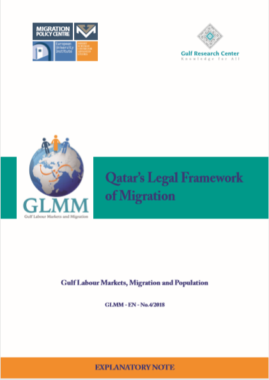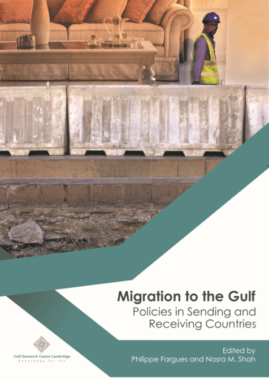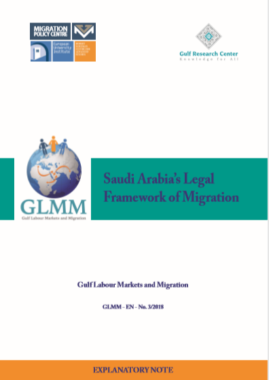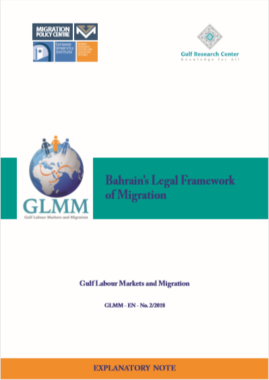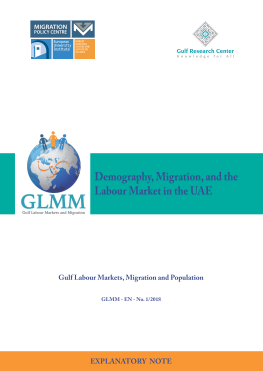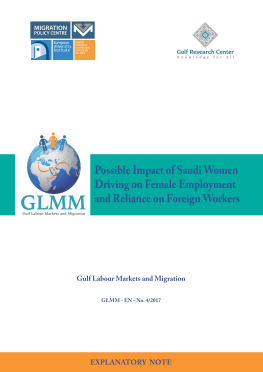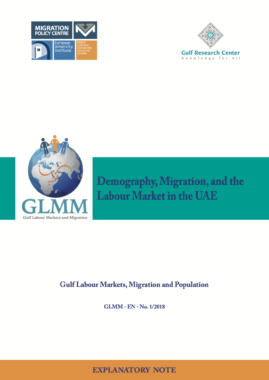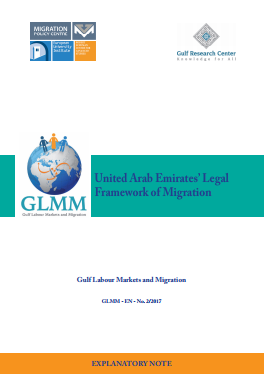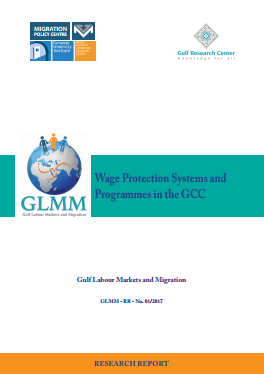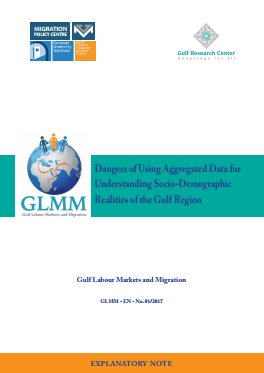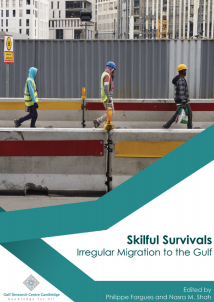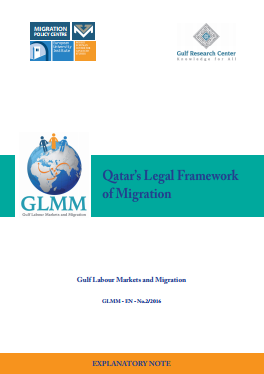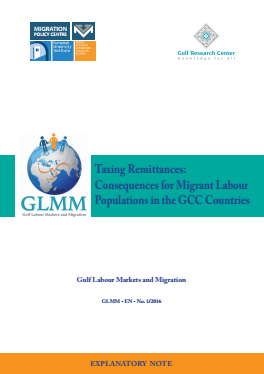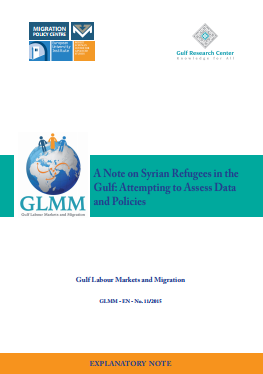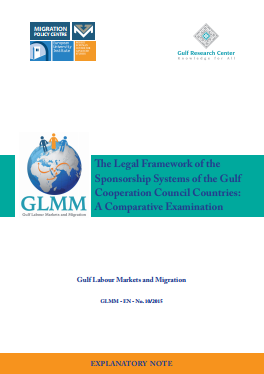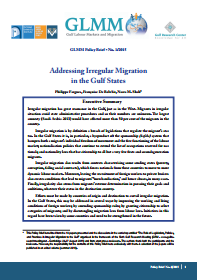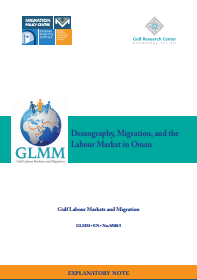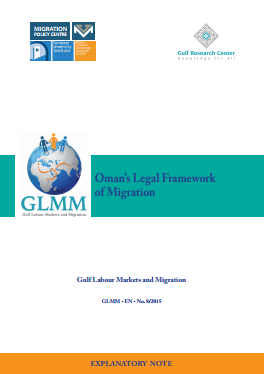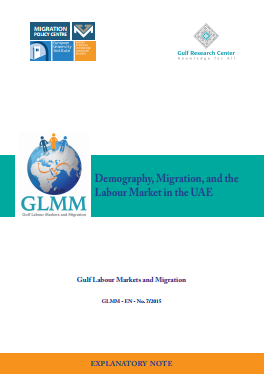Kuwait: Foreign residents who overstayed their legal period of residence by type/purpose of expired residency permit (2010-2013)
| reference number of permit | type/ purpose of permit | 2010 | 2011 | 2012 | 2013 | ||||
| Number of expired residency holders | % | Number of expired residency holders | % | Number of expired residency holders | % | Number of expired residency holders | % | ||
| 14 | Temporary permits | 527 | 14.8 | 950 | 16.7 | 1,255 | 13.1 | 1,929 | 11.8 |
| 17 | Governmental sector permits | 52 | 1.5 | 52 | 0.9 | 55 | 0.6 | 69 | 0.4 |
| 18 | Private sector permits | 1,192 | 33.6 | 1,383 | 24.3 | 2,041 | 21.3 | 3,387 | 20.8 |
| 19 | Business | 0 | 0.0 | 0 | 0.0 | 0 | 0.0 | 1 | 0.0 |
| 20 | Domestic help | 1,483 | 41.8 | 2,973 | 52.2 | 5,674 | 59.2 | 9,996 | 61.4 |
| 22 | Dependant permits | 278 | 7.8 | 328 | 5.8 | 532 | 5.5 | 891 | 5.5 |
| 23 | Study | 0 | 0.0 | 0 | 0.0 | 2 | 0.0 | 0 | 0.0 |
| 24 | Self residence permits | 17 | 0.5 | 9 | 0.2 | 30 | 0.3 | 15 | 0.1 |
| TOTAL | 3,549 | 100 | 5,695 | 100 | 9,589 | 100 | 16,288 | 100 | |
Source: Ministry of Interior
ANNEXED NOTE
1. Definitions
The figures refer to foreign residents who are still living in Kuwait at the end of the reference year, but were found contravening the law on residency by staying beyond the period of validity of their residency document.
Residency procedures do not apply to nationals of other GCC countries.
The bidoun, a stateless population, are not included in the residency documents holders.
Dependent permit (number 22): spouse, children or elderly dependent relatives can join visa holder (sponsor) in Kuwait, if the expatriate has obtained a residency and is earning a minimum of 450 KD for public sector employees and 650 for private sector employees.
A working wife cannot sponsor her husband as a dependent. Also, sons over the age of 21 years cannot be sponsored as dependants, though adult daughters and parents may be permitted. Dependent family members are not allowed to work on a Dependent Visa, unless they transfer it into a work visa under Kuwaiti sponsorship. This can be done only after 6 to 12 months of holding a dependent visa.
Every children including new born babies must hold a residency permit. The application for the infant’s residence must be made within 60 days of the birth
The Dependent Visa holder is permitted to stay as long as the sponsor holds a valid visa.
Self residence permit: Expatriates may sponsor themselves under article 24 of the regulations and obtain a residence for two to five years under several conditions
(among which: being aged 60 and more, having worked no less than 25 years in Kuwait, owning a capital of 10000 KD at least; being able to produce a certificate of good conduct, being effectively residing in Kuwait with his/her family, etc.).
This form of residence can be renewed upon expiry. Self-sponsored expatriates may sponsor their wives and children.
Permits 17, 18, 19 and 20 are only granted after Ministry of Labour issues a work permit.
2. Institution which provides data
Ministry of Interior (MoI) and Central Statistical Bureau (CSB), Ministry of Planning.
3. Period of data coverage
December 31st, given years.
4. Data availability
The present data is taken from the report “Migration Statistics 2013”, published by the CSB.
The report reproduces Ministry of Interior’s (Directorate of Migration’s) figures of permits granted to foreign residents by type/ purpose of permit, sex and regional origin of holder, for the years 2010 to 2013.
The report (in Arabic, PDF format with Excel tables) is available on CSB’s website (Population Statistics, then Migration Statistics)
http://www.csb.gov.kw/Socan_Statistic.aspx?ID=56
Date of access: May 2015.
Similar Posts:
- Kuwait: Foreign residents who overstayed their legal period of residence by type/purpose of expired residency permit (2010-2014)
- Kuwait: Residence permits by type/purpose of permit (2013)
- Kuwait: Residence permits by type/purpose of permit (2010)
- Kuwait: Residence permits by type/purpose of permit (2014)
- Kuwait: Residence permits by type/purpose of permit and sex of holder (2013)
